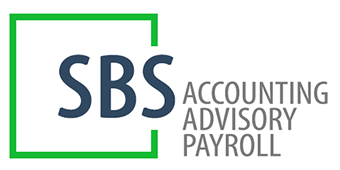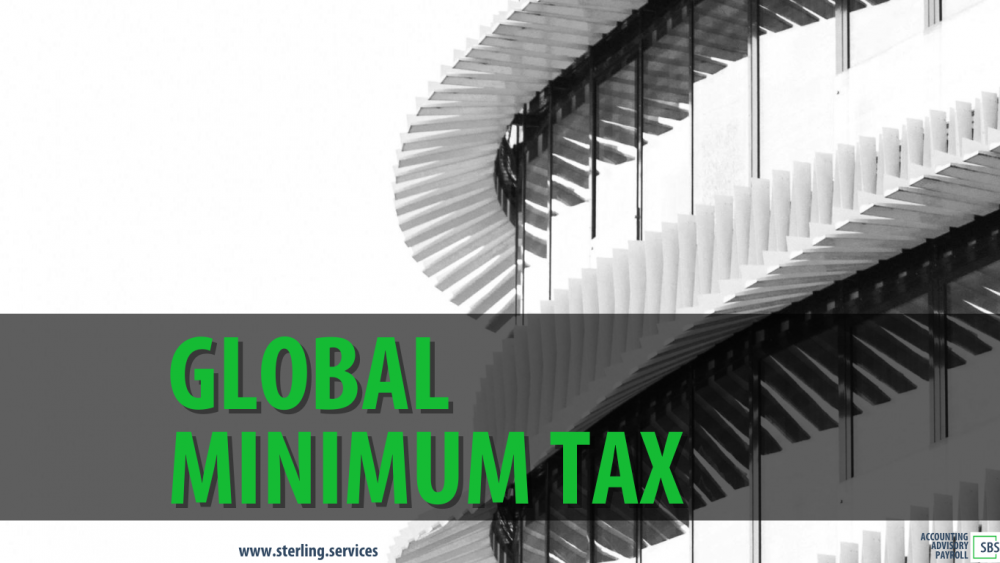A 15% Minimum Tax Rate on Multinational Profits
As of January, Hungary has implemented a new legal regulation on the global minimum tax, establishing this tax type within the country. Developed by the OECD and adopted into EU law, the global minimum tax aims to ensure that multinational corporations with a turnover exceeding €750 million are taxed at an effective rate of 15% across different jurisdictions. This new tax regime presents complex legal and administrative challenges for the affected companies.
Objective of the Global Minimum Tax
The primary goal of the global minimum tax is to mitigate harmful tax competition internationally. The Hungarian law directly derives from EU legislation, with its core principles based on the OECD’s BEPS Project (Pillar Two) model rules, commentaries, and administrative guidelines. The introduction of a unified 15% minimum income tax rate, known as GloBE (Global Anti-Base Erosion Model Rules), aims to curb tax competition at the international level.
Impact on Entities
Despite the OECD developing the global minimum tax rules, not all member states, including major economies like the United States and China, have implemented them. In countries that have enacted these rules, the tax applies to multinational groups and large domestic groups operating in EU member states, provided their consolidated income meets or exceeds €750 million in at least two of the four tax years preceding the current tax year.
What GloBE Means for Hungary
GloBE introduces new tax base assessment methods, tax calculations, and exemption options. Understanding the international and domestic regulations, as well as the specific Hungarian legislation, will be a significant challenge for affected entities.
Corporate Challenge of the Global Minimum Tax
The global minimum tax introduces new concepts into Hungarian taxation, requiring companies to adopt various tax base assessment and calculation rules. A key concept is the Effective Tax Rate (ETR), which must be determined annually for each country where the group operates. The ETR helps identify if a group is considered low-taxed and if it should pay a top-up tax, based on covered taxes and net profits of group members in each country.
Key Issue: Covered Taxes
GloBE stipulates that taxes on business income or profits are considered covered taxes. Hungarian legislation recognizes corporate income tax, local business tax, innovation contribution, and the ‘Robin Hood’ tax (income tax on energy suppliers) as covered taxes.
QDMTT (Qualified Domestic Minimum Top-Up Tax)
Countries participating in the global minimum tax regime have agreed to collect the difference as a top-up tax if the effective tax burden of group members is below 15%. In Hungary, subsidiaries or intermediate parent companies of affected groups will likely use the QDMTT mechanism. Hungarian group members will calculate and meet their tax obligations based on local accounting standards, potentially using the Hungarian Accounting Act.
Exemptions and Safe Harbour
The global minimum tax regime includes various exemptions and reliefs, such as the CbCR Safe Harbour rules and transitional rules like the Substance-Based Income Exclusion (SBIE). These exemptions allow for reducing net profits by a fixed percentage of wage costs and tangible assets, potentially lowering the tax liability to zero for some group members.
Administrative Tasks and Deadlines
There are specific procedural rules for tax obligations, including reporting, data supply, and tax returns. Domestic group members must notify the tax authority of taxability and file their tax returns, including top-up tax liabilities, within 15 months of the tax year’s end. For the transitional year (2024), this deadline extends to 18 months. Supplementary legislation to Act LXXXIV of 2023, which outlines the domestic rules for the global minimum tax, is expected to be published mid-year. Preparation should begin now despite the seemingly distant first filing deadline.






Comments are closed.